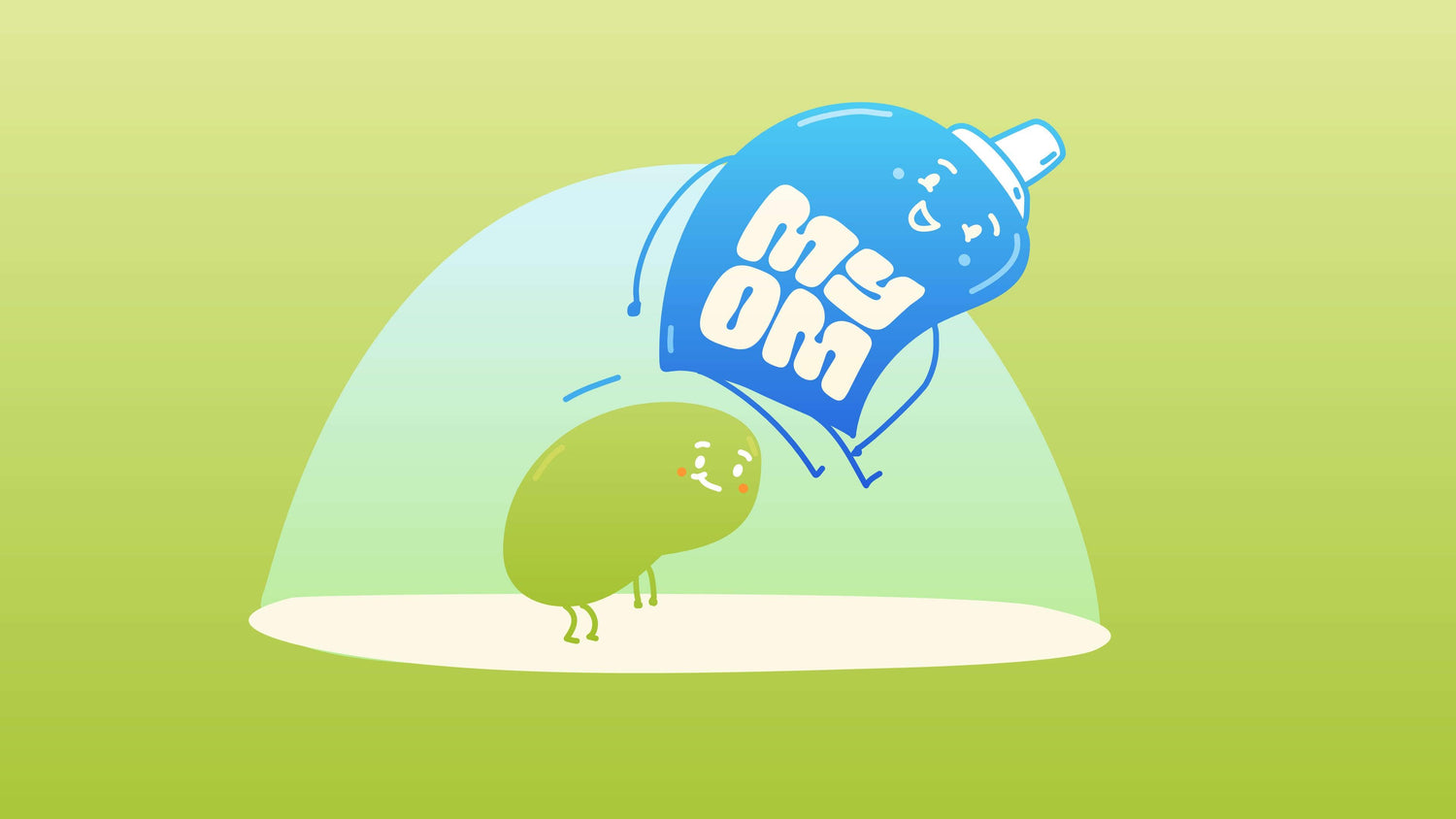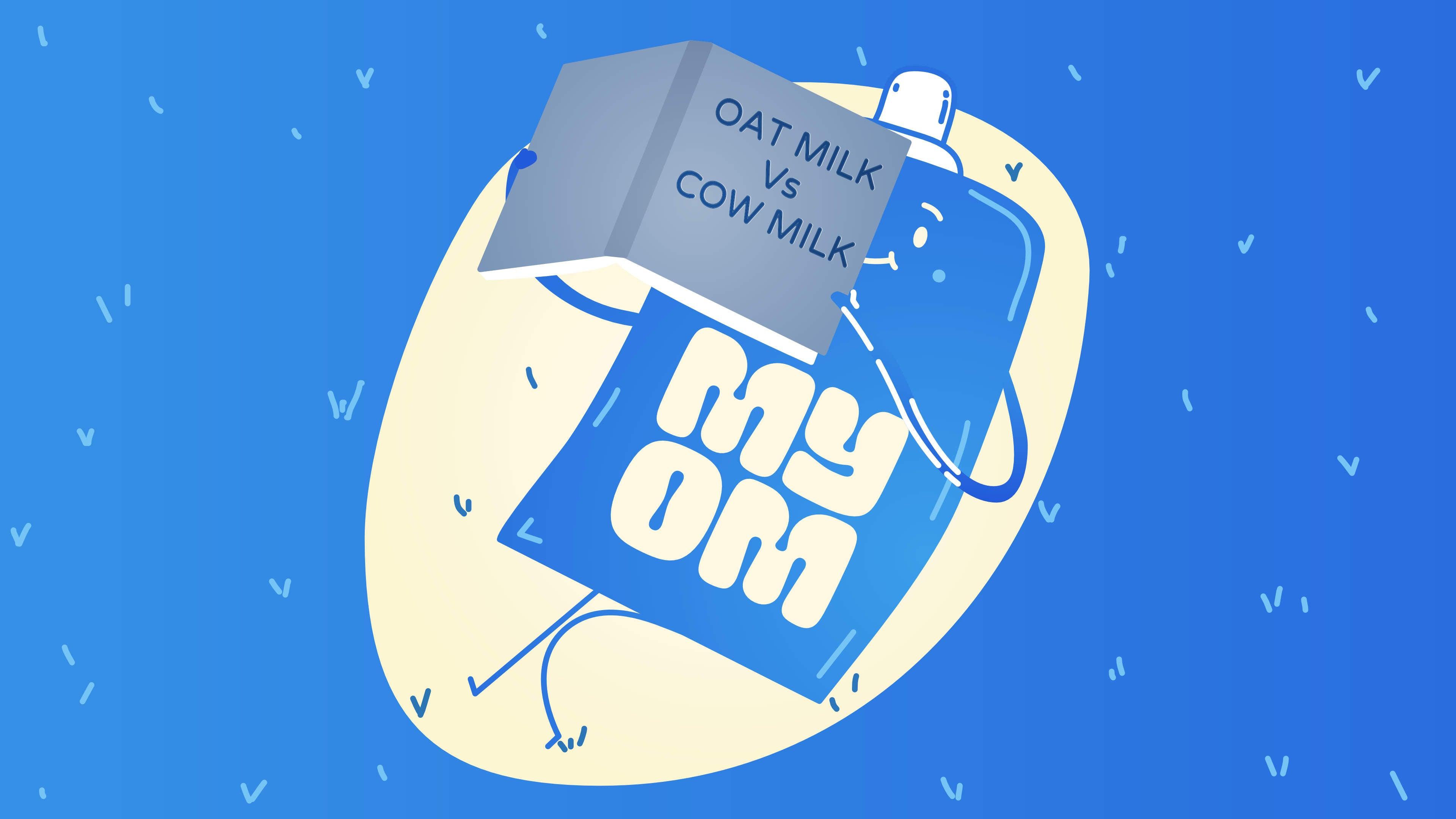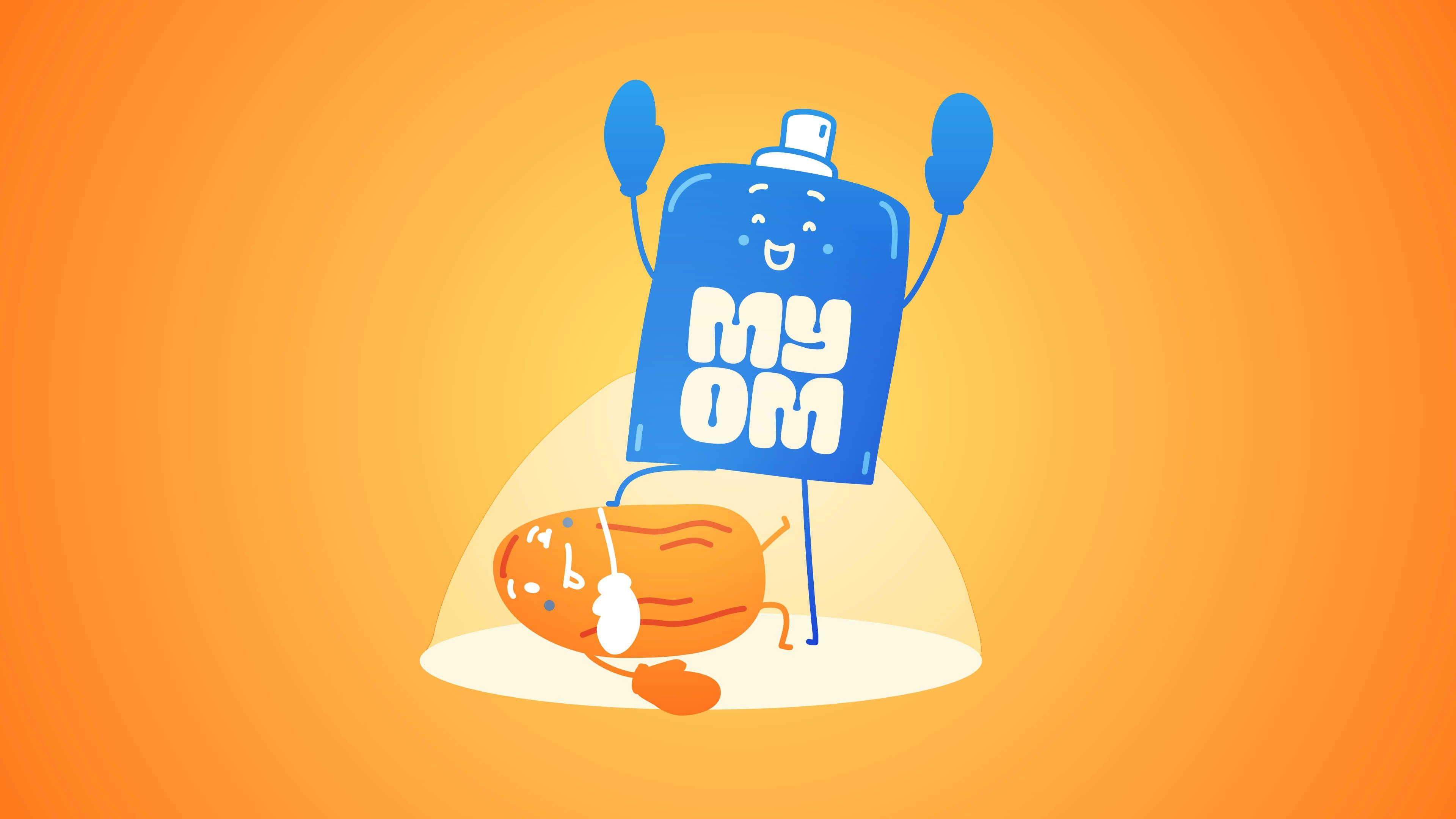The choice of what we pour into our morning cuppa or cereal bowl has taken on new significance in recent years. There’s a lot of competition in plant-based milk alternatives, with oat milk and soy milk leading the charge. These two have emerged as frontrunners in the quest for nutritious, environmentally friendly, and delicious dairy alternatives. But how do they really stack up against each other?
What Is Oat Milk?
This dairy-alternative drink starts its journey as, you guessed it, oats. The grains are soaked in water, blended, and then strained, resulting in a creamy, oat-y drink that’s both comforting and versatile.
Nutritionally, oat milk is quite the contender. It’s naturally low in fat and cholesterol-free, making it a heart-friendly option. While it’s not as protein packed as soy milk, it still offers a decent amount. Oat milk often comes enriched with vitamins and minerals, including calcium and vitamin D, making it a more rounded choice for those seeking nutritional benefits.
Environmentally, oat milk scores some serious points. It’s known for having a lower environmental impact than dairy milk. The water usage for producing oat milk is substantially less than for dairy milk, and it also has a smaller carbon footprint.
Now comes the all-important factor of taste: oat milk has a naturally sweet and mild flavour, which makes it a hit in everything from cereals to baking, and of course, it’s a star in coffee. Its creamy texture gives a luxurious feel to beverages, making it a popular choice in cafés and homes. Finding oat milk isn’t a challenge nowadays either. Its popularity has soared, and as a result, it’s readily available in most supermarkets, health food stores, and online.
When evaluating plant-based milk alternatives, MYOM stands apart from other offerings like soy milk and even other oat milks. Rather than a pre-made beverage, MYOM is a first-of-its-kind oat milk premix that allows you to make your own fresh oat milk at home on demand. This key difference sets it apart from traditional oat milks shipped in containers, which must transport wasteful water weight and volume like its dairy milk counterparts in cartons and jugs.
While soy milk offers protein and other nutritional merits, its supply chain footprint can also be substantial. MYOM smartly removes excess water so you can create creamy, sustainable no-waste oat milk customised to your needs. Whether you require specific thickness, flavour, or nutrition for baking, drinking or barista foaming, MYOM’s flexibility and lower environmental impact make it a game changer versus pre-made plant milk options. Going beyond soy or even standard oat milk, MYOM represents the future for those seeking the most eco-conscious and adaptable dairy-free milk solution.
What Is Soy Milk?
Made from soybeans, this dairy-free option starts its life as a humble bean. These beans are soaked, ground, and then boiled, creating a creamy liquid that’s surprisingly versatile and delicious.
Nutritionally speaking, soy milk is packed with protein, almost toe-to-toe with regular cow’s milk, which is great for anyone looking to up their protein intake without relying on meat or dairy. Plus, it’s full of vitamins and minerals like B vitamins and potassium.
Now, let’s talk about the environment – a topic we’re all a bit worried about these days. Soy milk is kinder to our planet compared to dairy milk. It needs less water to produce and doesn’t emit as much greenhouse gas, which is a win for the earth.
Soy milk has this unique, slightly nutty taste that’s quite moreish. Finding soy milk is as easy as pie. It’s pretty much everywhere – your corner shop, the big supermarket, and even online.
Taste and Texture
When you’re pondering over oat milk and soy milk, remember that it’s not just about their nutritional content. The taste and texture of these plant-based milks are key factors that will sway your choice. These aspects are not just about the pleasure of sipping them but also about how seamlessly they fit into your everyday culinary adventures – be it jazzing up your morning coffee or adding a twist to your cooking.
Oat Milk Taste and Texture
When you take a sip of oat milk, the first thing you’ll likely notice is its naturally sweet flavour. It’s like the oats have taken all their cosy, comforting goodness and infused it into a drink. This isn’t a bold or overpowering sweetness; it’s subtle and comes with a pleasant creaminess that many find reminiscent of traditional dairy milk. This creamy consistency makes oat milk a hit, especially for those who miss the richness of regular milk.
The secret behind oat milk’s smooth and rich texture lies in its composition. The fibres and proteins in the oats contribute to this delightful texture. It’s neither too thick nor too watery – it strikes a perfect balance that works wonderfully whether you’re adding it to coffee or using it in your baking.
Of course, not everyone’s a fan of the same flavour and texture, and oat milk is no exception. People’s opinions on it can vary. Some adore its mild sweetness and creaminess, while others might prefer something less rich. An advantage of MYOM premix, over typical oat milks, is the ability to create oat milk that is the consistency you need.
Soy Milk Taste and Texture
Soy milk has a taste that is gently nutty and mild, which many find quite appealing; making it a go-to for those who want something that’s not too far off from traditional cow’s milk. In terms of texture, soy milk nails that creamy feel, giving you a similar experience to what you’d expect from dairy milk.
One of the fun things about soy milk is that each brand brings its own twist to the flavour. Some are a bit sweeter, others lean into the natural soy taste. It’s quite a range, which means you will need to try a few different brands to find your favourite.

Health Benefits
Oat Milk Health Benefits
Oat milk is more than just an on-trend dairy alternative; it’s got some incredible health benefits. For starters, it can potentially lower cholesterol – thanks to beta-glucans, a type of fibre in oats, which does the heavy lifting here. Also, oat milk can be a friend to those watching their blood sugar, as it helps stabilise glucose levels.
If you’ve got dietary restrictions, oat milk might just be your new best friend. It’s free from a lot of the common allergens you find in other milks, making it a safe bet for people with lactose intolerance or those allergic to nuts and soy. Plus, if you’re vegan or leaning towards plant-based foods, oat milk fits right in, keeping things animal product-free.
Nutritionally, oat milk has a bit of an edge over some other plant-based milks, thanks to its higher fibre and decent protein content. It might not be a protein champion like soy milk, but it certainly holds its own. And that fibre is good news for your gut health.
In the kitchen, oat milk really shines. Its creamy texture and not-too-sweet flavour make it a great addition to your morning coffee or your baking adventures. It blends smoothly into coffee without taking over the taste, and when it comes to baking, it adds a lovely moistness to cakes and breads.
In contrast to traditional oat milk, MYOM offers all the nutritional and sustainability advantages, taken to the next level with its freshness and customization. As an oat milk premix rather than a pre-made beverage, MYOM empowers you to create your own dairy-free oat milk at home on-demand. This removes the wasted emissions from transporting water weight in traditional cartons.
And whether you need more thickness for baking or foaming for coffee drinks, adjustability gives MYOM an edge over one-size plant milks. Each glass is naturally packed with fibre, protein and key nutrients like calcium, vitamins D3 and B12, and iodine fortified at higher levels than typical oat milks. Free of added sugars or preservatives, MYOM delivers wholesome nourishment perfect for plant-forward diets. Yet its hyper-local production minimises environmental impact. So, for exceptional nutrition fully customised to your needs, MYOM lets you shake up oat milk for supreme ethical consumption.
Soy Milk Health Benefits
Soy milk brings quite a few health benefits to the table, and it does so in a way that’s good for both you and the planet. It’s rich in essential nutrients, with a notable amount of protein – something that’s particularly appealing for those who don’t eat meat or animal products.
Environmental Impact
The choices we make in our diets are not only about health but also about our planet’s well-being. Oat milk and soy milk, while being nutritious alternatives to dairy milk, each have their own ecological footprints.
Oat Milk Environmental Impact
Looking at the environmental impact of oat milk, it’s quite a positive story, especially when you compare it with soy milk. Oats are low-maintenance crops. They don’t need as much water or prime land as some other crops, which is a big plus for the environment. When it comes to greenhouse gas emissions, oat milk also has a bit of an edge over soy milk. It’s just more efficient and cleaner in terms of emissions.
Additionally, MYOM offers exceptional sustainability credentials compared to traditional dairy and plant-based milks. Rather than a pre-made beverage mostly consisting of transported water weight, MYOM allows you to make fresh oat milk at home on demand using your own local water. This effectively slashes the carbon emissions from unnecessary transport inherent in other milk options. Additionally, by removing water and producing only when needed, MYOM saves tremendously on waste.
While plant milks are an improvement over methane-producing dairy in terms of greenhouse gases, MYOM goes further by curbing the CO2 emissions from shipping heavy liquids long distances. So, for those seeking a supremely sustainable milk alternative that is nutritious, delicious, and kinder to the planet, MYOM lets you shake things up through hyper-local production and recyclable containers all with minimised environmental impact. No more throwing out partly used containers either. MYOM premixes can be stored for up to 4 months in a cupboard and once made, can be stored for up to 5 days in the fridge.
This lighter environmental footprint is a big part of why oat milk has become so popular, to cater to the growing trend of looking for more eco-friendly options. It’s not just a choice based on taste or health benefits; it’s also about being kinder to the planet.

Soy Milk Environmental Impact
Soy has long been hailed as a versatile plant protein, a vegan staple, and a key ingredient in the quest for sustainable living. But beneath the surface of these green claims, Soy milk’s environmental impact is a bit of a mixed bag.
On one hand, soy milk production can be efficient in terms of water and land use compared to dairy milk. However, there are concerns, particularly when it comes to soy farming practices, that 90% of worldwide production is for feeding farmed animals.
When you put soy milk up against other plant-based milk types, its environmental footprint is somewhat middle-of-the-road. It’s more sustainable than almond milk, which requires a lot of water, but it doesn’t match the lower impact of oat milk, especially MYOM premixes. The key factors here are the water and land use, as well as the greenhouse gas emissions associated with soy cultivation and processing.
The Global Footprint of Soy Production
Soybean cultivation is a titan on the agricultural stage, with its scenes sprawling across the globe. Its quest for space is relentless and oftentimes encroaches upon the lands that breathe life into our diverse ecosystems. The expansion into biodiverse territories, most notably in tropical countries like Brazil, Argentina, and Paraguay, casts a looming shadow of deforestation. To produce more, we claim more land.
A Carbon Conundrum
Soy does not travel lightly. From field to fork, its journey is laden with carbon emissions. Produced on a colossal international scale, soy has a huge environmental impact. When we clear forests to plant crops such as soy, we're essentially liberating vast quantities of CO2 at the same time. It is important to note that the vast majority of the world’s soybeans – up to 90%, are fed to farmed animals. Just 6% is turned into soy products for human consumption.
Strained Water Resources
Soy requires a lot of water to grow, nearly 300 L of water is needed to produce 1L of soy milk. Soy’s thirst is substantial, and to quench it, aquifers are tapped, and local habitats compromised. Agricultural runoff from soy farming, enriched with agrochemicals, harming wildlife and poisoning rivers and waterways.
A Future Soy-lution?
The issues with soy production may paint soy in poor light, but it is essential to realise that while soy has played its part, the true weight of blame lies with livestock production and the need for feed. Furthermore, for many Europeans, concerns over farming practices, genetically modified soy and regulations limiting its use have resulted in most soy making its way into European diets are largely homegrown and GM-free.
Soy is a highly sustainable protein. Harnessing its power hinges on one crucial factor - in the future soy will be consumed by people, not fed to farmed animals.
Popularity in Coffee Shops
Oat milk has seen a surge, especially in urban cafes and high street branded coffee shops. Its rise to fame comes down to its creamy consistency and slightly sweet taste, which seems to blend perfectly with the robustness of coffee. It’s a hit for lattes and cappuccinos, winning over both baristas and customers. Plus, its eco-friendly reputation is a big draw for the environmentally conscious crowd who like their coffee with a side of sustainability. MYOM oat milk does work in a frother too, and a barista version is coming soon!
Soy milk, on the other hand, has been around the block in coffee shops for a while. Known for its protein content and a texture that complements coffee without overpowering it, soy milk has maintained its stand in many cafes. It’s particularly true in places where customers prefer sticking to what they know. In the end, whether oat milk or soy milk gets the nod often boils down to personal taste, the type of coffee being whipped up, and who’s sitting at the table. Both have their fans and rightfully so.
Weighing Your Options: How MYOM is a Clear Choice
In summarising the comparison between MYOM and traditional oat milk, vs soy milk it's crucial to emphasise the innovative approach of MYOM. While plant milks, including oat milk, are celebrated for their health benefits and eco-friendliness, their packaging and post-production distribution processes often mirror those of dairy milk, leading to similar environmental footprints. This is where MYOM stands out. By eliminating the need to transport large volumes of water, which constitutes the major component of oat milk, MYOM significantly reduces the environmental impact associated with transportation.
It offers consumers the ability to create fresh oat milk at home, aligning with the growing trend of conscious consumption. Thus, MYOM isn't merely competing with other plant-based milks; it's challenging the entire milk industry, including dairy and plant-based options, by offering a smarter, more sustainable alternative. Its goal is not just to be another choice in the plant milk market, but to fundamentally transform how we think about and consume these products, shaking up the entire spectrum of milk options.




